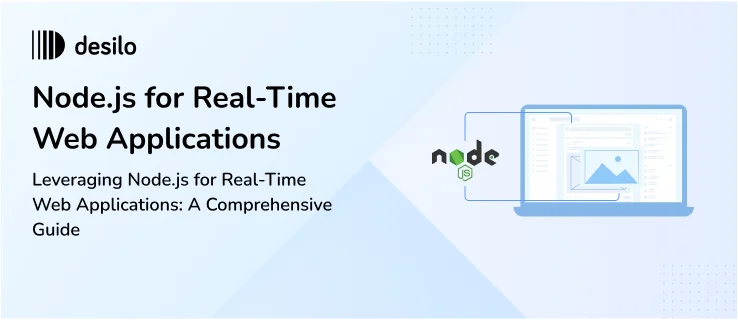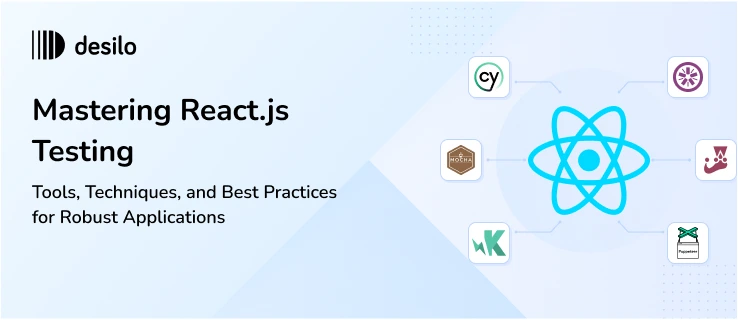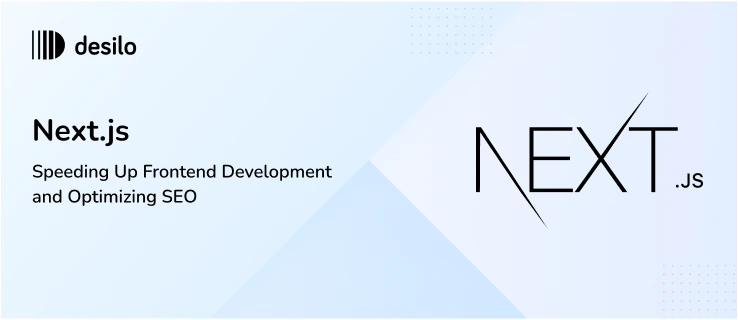What Makes Node.js Unique for Real-Time Applications?
- Event-Driven Architecture: Unlike traditional servers that create a new thread for each request, Node.js processes all incoming requests through a single-threaded event loop. This approach reduces memory usage and efficiently handles thousands of concurrent connections, making it perfect for real-time scenarios.
- Asynchronous Programming: Node.js uses non-blocking I/O operations, ensuring that the server doesn’t wait for a task to complete before moving to the next. For real-time applications, this means faster processing of data streams and user requests.
- Rich Ecosystem of Libraries: The Node Package Manager (npm) provides access to over a million packages, including real-time specific libraries like socket.io, which simplifies WebSocket integration for bi-directional communication between the server and clients.
Key Features of Node.js for Real-Time Applications
1. WebSocket Support
2. Scalability
3. Lightweight and Efficient
4. Real-Time Data Synchronization
Use Cases of Real-Time Applications Built with Node.js
1. Live Chat Applications
2. Online Gaming
3. Collaborative Tools
4. IoT Applications
5. Real-time Dashboard
6. Health Monitoring Devices
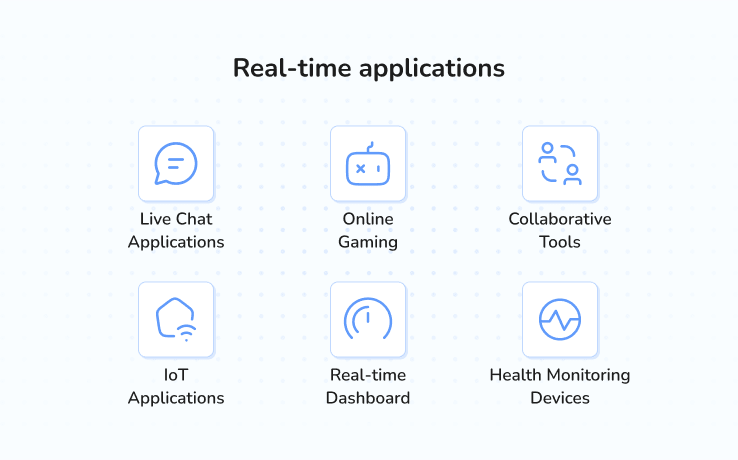
Advantages of Using Node.js for Real-Time Applications
1. High Performance
2. Cost Efficiency
3. Vibrant Community and Ecosystem
4. Cross-Platform Deployment
5. Real-Time Analytics
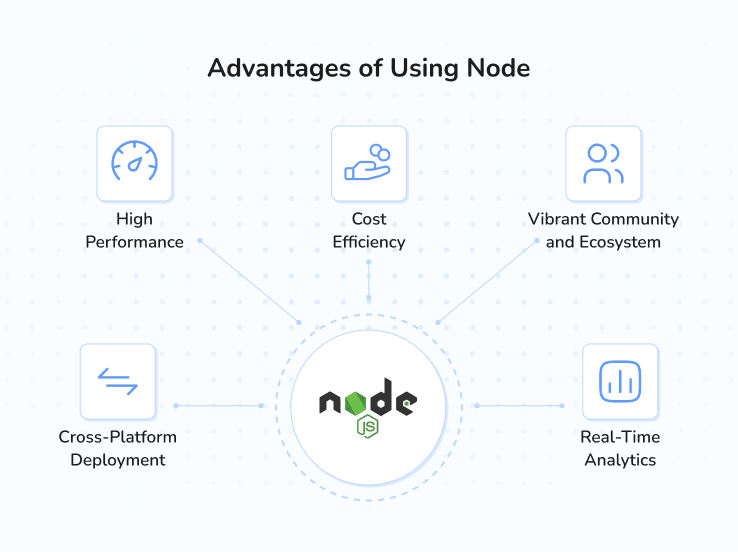
Challenges of Using Node.js for Real-Time Applications
- Single-Threaded Limitations: Node.js's single-threaded nature can struggle with CPU-intensive tasks, such as heavy computations or image processing. Developers often use worker threads or external services to mitigate this.
- Callback Hell: Asynchronous code can become unmanageable with deeply nested callbacks. This challenge can be addressed using Promises or async/await syntax for cleaner code.
- Rich Ecosystem of Libraries: The Node Package Manager (npm) provides access to over a million packages, including real-time specific libraries like socket.io, which simplifies WebSocket integration for bi-directional communication between the server and clients.

